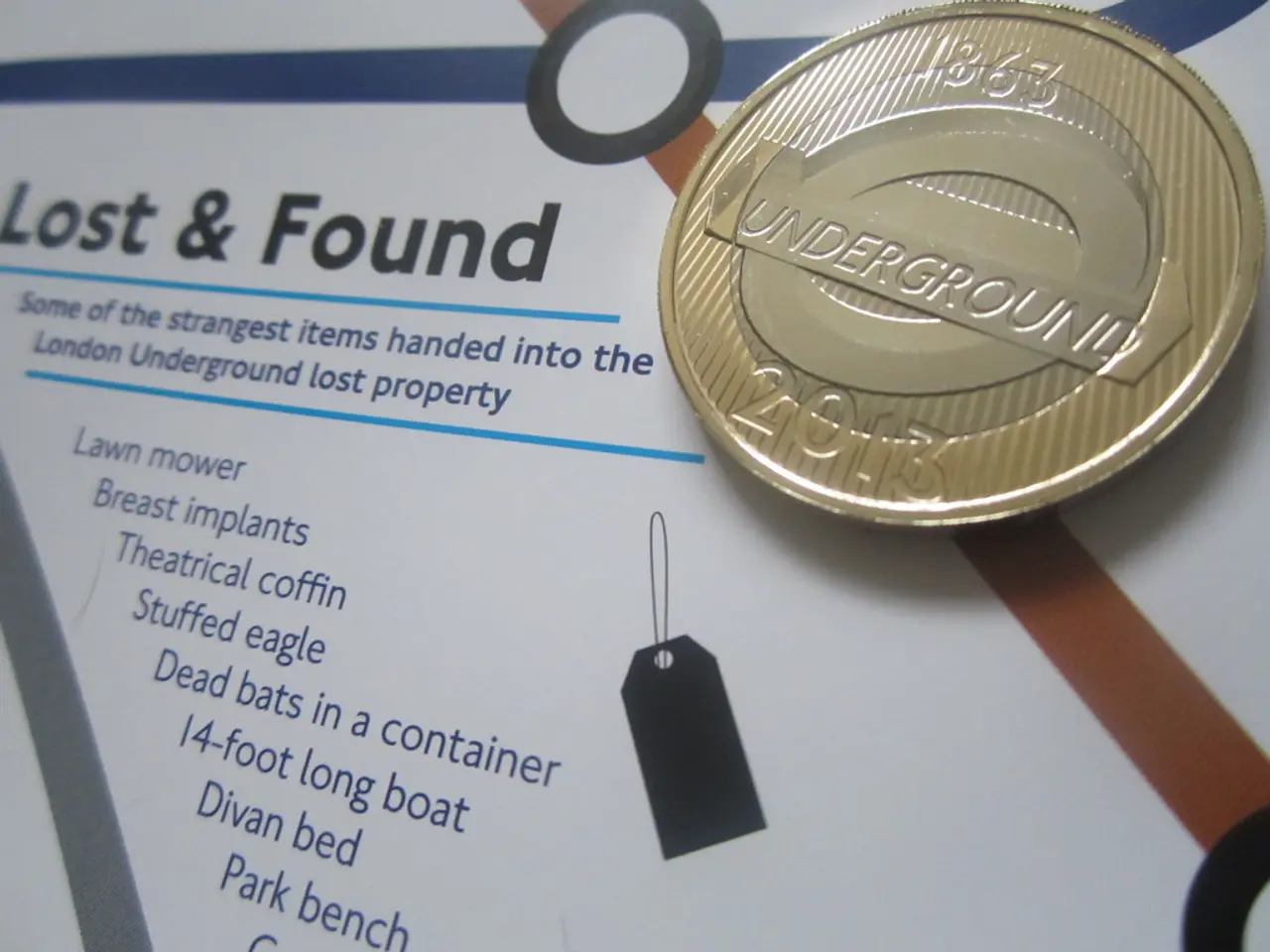Regulation Scope Clarified by ESMA Concerning MiCAR Services
The European Securities and Markets Authority (ESMA) has provided much-needed clarity on the regulatory requirements for staking and copy trading services within the European Union's Markets in Crypto-Assets Regulation (MiCAR) framework. The guidelines, detailed in Q&A ESMA_QA_2067 and ESMA_QA_2463, aim to ensure investor protection and market integrity in the rapidly evolving cryptocurrency sector.
Staking, a process that involves the allocation of crypto-assets in smart contracts to participate in blockchain network validation through proof-of-stake consensus mechanisms, is analogous to the services of "crypto-asset advice" and "crypto-asset portfolio management" under MiCAR. While direct staking by crypto-asset holders themselves is not prohibited nor subject to specific MiCAR authorization requirements, intermediaries offering staking services must be licensed as Crypto-Asset Service Providers (CASPs) to provide ancillary crypto-asset custody and administration services.
CASPs can offer staking services, but profits must be allocated to the clients holding the staked crypto-assets. Crucially, CASPs are expressly prohibited from using clients’ crypto-assets for their own account staking activities, even with client consent. This regulation aims to prevent potential conflicts of interest and ensure that clients receive their fair share of any rewards generated by staking.
Copy trading services, which consist of the automatic replication of investment strategies of other traders, have also received clarification. These services are of interest to traders and have been included in the scope of MiCAR-regulated services. Providers offering copy trading services must be licensed as CASPs, complying with capital, organizational, and conduct requirements under MiCAR.
The regulatory treatment for staking and copy trading services under MiCAR is summarised in the following table:
| Service Type | Direct activity (by user) | Provided by intermediary (CASP) | Licensing & regulatory requirements | Restrictions/conditions | |--------------------|---------------------------------|---------------------------------------------------------|-------------------------------------------------|-------------------------------------------------------------| | **Staking** | No MiCAR authorization required | CASP license required for custody + staking as ancillary | Must be licensed CASP under MiCAR | CASP cannot use clients' assets for own staking account; must allocate rewards to clients | | **Copy Trading** | Not applicable | CASP license required (portfolio management services) | Must be licensed CASP and comply with MiCAR rules | Must ensure client asset protection, transparency, and regulatory compliance |
The clarifications provided by ESMA have significant implications for cryptocurrency operators, as they must now comply with specific licensing and regulatory requirements to offer staking and copy trading services. Adhering to these regulations can help operators build trust with their clients and contribute to the overall stability and integrity of the cryptocurrency market.
[1] ESMA_QA_2067 and ESMA_QA_2463 [2] MiCAR (European Union's Markets in Crypto-Assets Regulation 2023/1114)
In line with the ESMA guidelines, staking services, akin to crypto-asset advice and portfolio management, are subject to regulation and must be offered by Crypto-Asset Service Providers (CASPs) who are licensed to provide ancillary crypto-asset custody and administration services. This prohibits CASPs from using clients’ crypto-assets for their own staking activities, ensuring that clients receive their fair share of any rewards generated by staking.
Understanding the regulatory landscape, copy trading services, which involve the automatic replication of investment strategies, are now categorized as MiCAR-regulated services and will require CASPs offering them to comply with stringent capital, organizational, and conduct requirements, aiming to protect client assets, ensure transparency, and maintain regulatory compliance.




